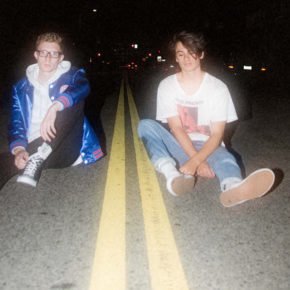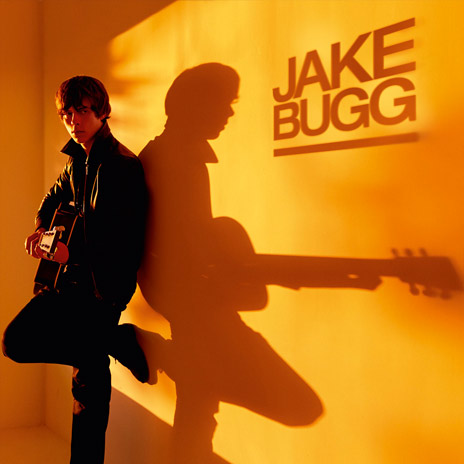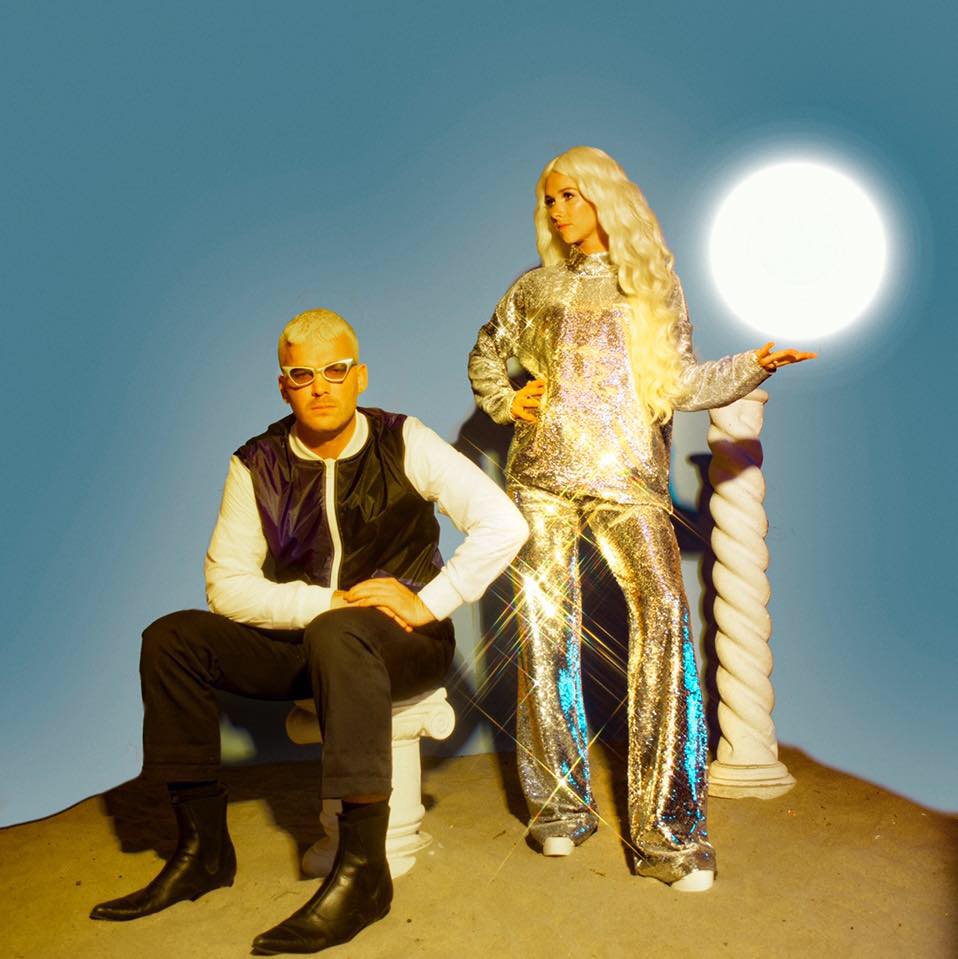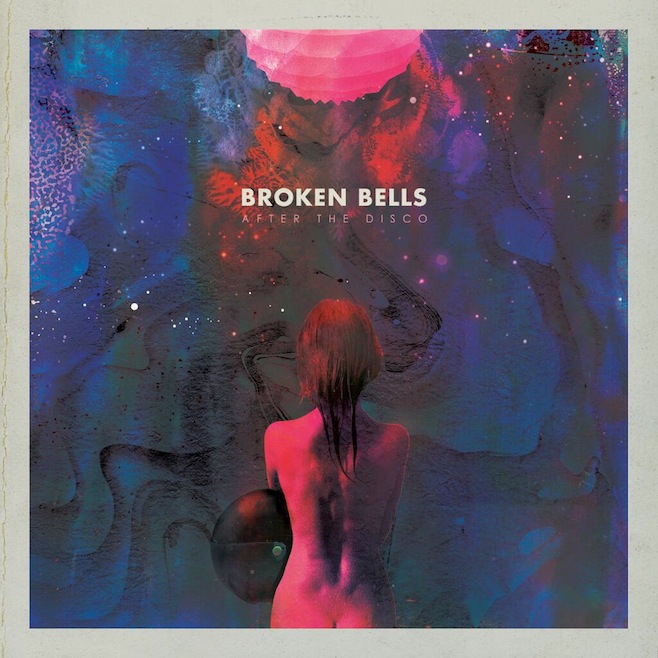Jake Bugg – Shangri La
{rating}
Buy: Shangri La
Jake Bugg is special. Anyone with an interest in British guitar music knows it and, thanks to the success he’s had since being thrust onto the BBC Introducing Stage at Glastonbury 2011 when he was just 17, he’s everyone’s favourite to become the next great British rock icon. He’s got the distinctive voice (a mixture of country affectations and determined intensity), the songwriting ability (although he does get a bit of help with this), the attitude and, most importantly, the backing of Universal Music Group.
In fact, his label have shown so much faith in this young singer-songwriter from Nottingham that they managed to get him in a studio with arguably the biggest and most in-demand producer in the world – Rick Rubin. The album is even named after Rubin’s studio in Malibu where it was recorded, just so we are all aware of just how far Bugg has come in such a short space of time.
If all this is starting to feel slightly manufactured, that’s because it is. Shangri La comes lumbered with the heavy and unwelcome baggage of major label involvement, and suffers from it. First of all why release a second album so soon after the first one, which was only nominated for a Mercury prize last month? It smacks of desperately trying to ‘sustain’ and ‘capitalise’ on Bugg’s success, and the involvement of Rubin has been so overstated as to become a distraction.
Predictably, with the marketing department so involved, Shangri La is missing the all-important soul that made last year’s debut album such a success, which is a direct consequence of releasing a rushed album flaunting Bugg’s ‘progression’ as an artist before he’s actually had a chance to develop.
Putting all that aside, there are plenty of highlights on Shangri La. The one-two punch of storming singles ‘Slumville Sunrise’ and ‘What Doesn’t Kill You’ showcase Bugg’s talent for straight-up rock songs. These follow the rockabilly opener ‘There’s A Beast And We All Feed It’ which, in dealing with the modern fascination with Twitter and celeb gossip mongering, is a welcome diversion into allegory for Bugg. ‘Messed Up Kids’ shows he can also do narratives, following ‘Johnny’ and ‘Jenny’ through their world of drug selling and prostitution. Admittedly it’s not too far removed from his usual subject matter, but it adds a bit of freshness and has a lovely poetic chorus: “So far away / It’s a washed-out Saturday / The sky all pastel shades / Under breezeblock palisades”.
‘A Song About Love’ is a bit slow to get going and features a few Noel Gallagher-esque chord structures, but Bugg’s voice helps to iron out any crinkles. ‘All Your Reasons’ also has a bit of a mid-to-late Oasis vibe going on, suggesting filling arenas is starting to play on his mind.
‘Kingpin’ is a quick fire rock track playing to the in-crowd of Strypes fans which is a bit of a waste of Bugg’s talents, but that won’t stop it becoming a live favourite.
‘Simple Pleasures’ rounds off the high points with more Oasis aping big rock balladry, which will probably sound better live than it does on record. In fact, that could be said for the vast majority of Shangri La – those expensive sessions with Rick Rubin were well worth it then!
When viewed in the bright light of his promising debut, Shangri La fails to do its job in living up to Jake Bugg’s potential. As a stand-alone album it’s pretty good and has some decent moments, it’s just not very special.
Discover more from All-Noise
Subscribe to get the latest posts sent to your email.















